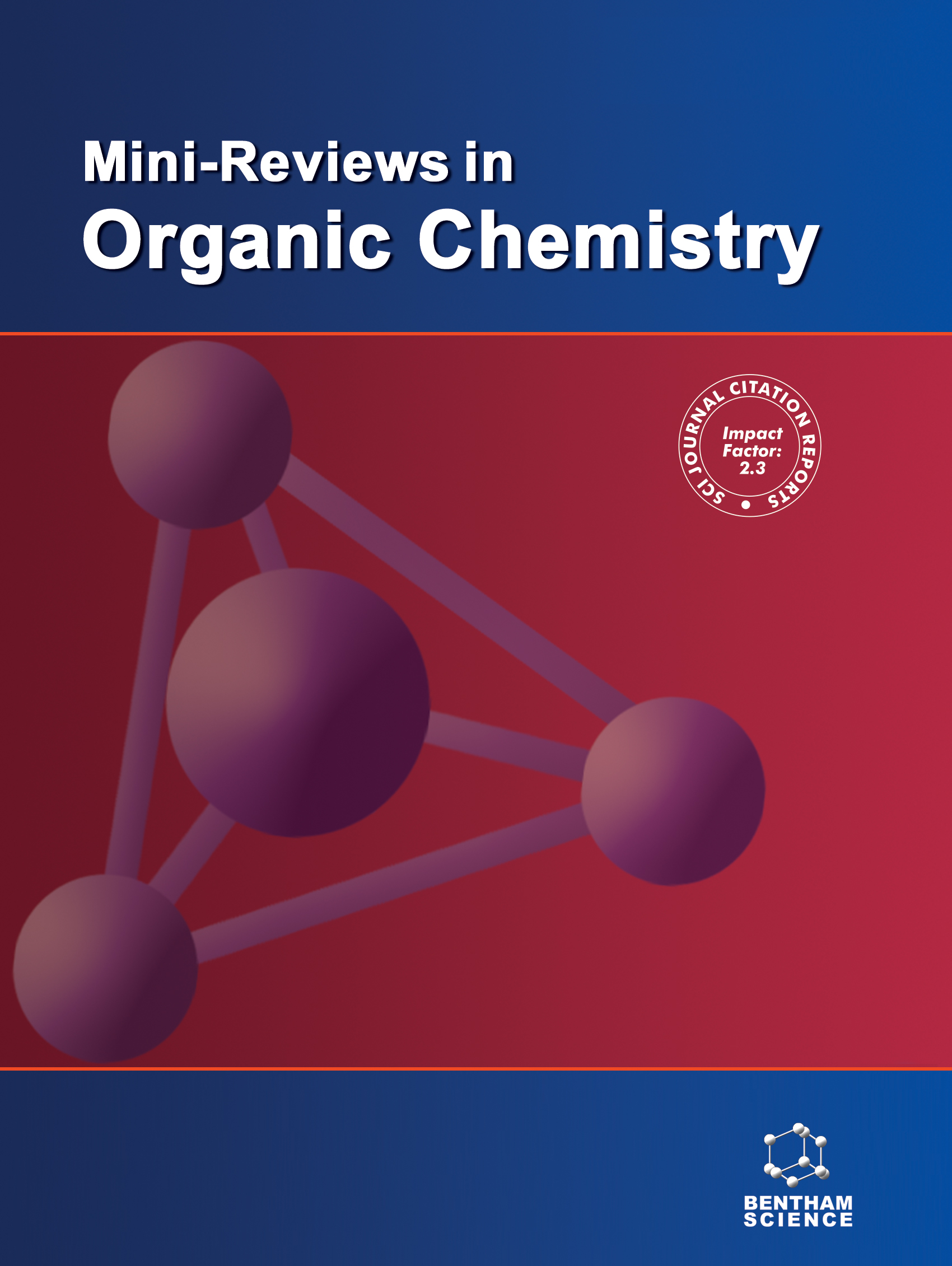
Full text loading...
Chitin is widely recognized as a highly abundant polymer found throughout the planet. This serves as a fundamental basis for the production of chitosan through deacetylation. Chitosan is non-toxic and biodegradable, making it highly suitable for applications as a biomaterial and in the development of drug delivery systems. However, the limited solubility of chitosan in neutral or alkaline environments has hindered its use in pharmacology and biology. Chitosan can undergo carboxymethylation, which enhances its water solubility while maintaining its biodegradability and compatibility with living organisms. Carboxymethyl chitosan (CMC) is a derivative of chitosan that is soluble in water and exhibits enhanced biological and physicochemical properties compared to chitosan. The CMC, or modified CMC, is a highly versatile agent with many applications. It has shown great promise in drug delivery, wound healing, bioimaging, biosensors, tissue engineering, and gene therapy. This study investigates the properties and potential applications of materials derived from carboxymethyl chitosan. These materials have attracted significant interest due to their versatility and fascinating possibilities in biomedical nanodevices and controlled-release medication formulations.

Article metrics loading...

Full text loading...
References


Data & Media loading...

